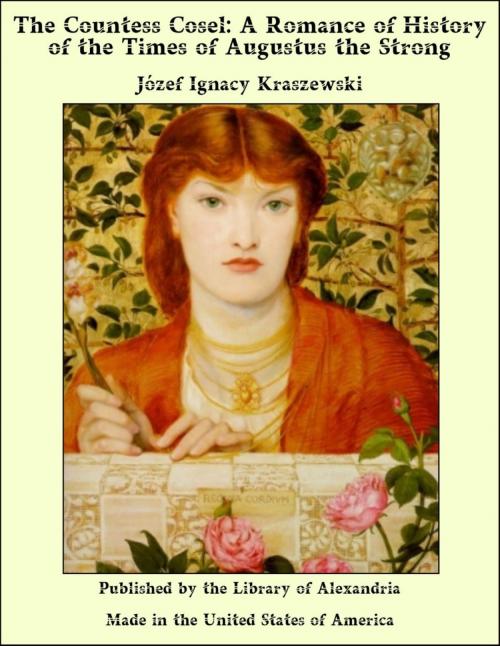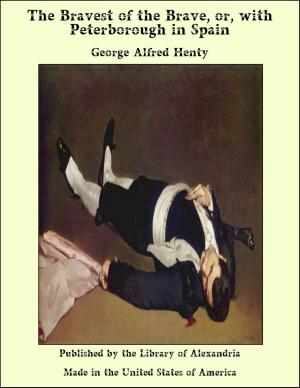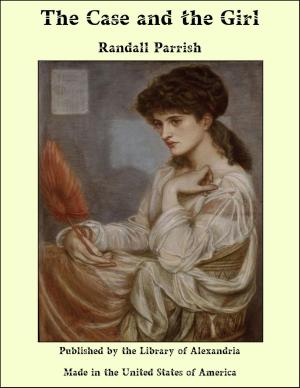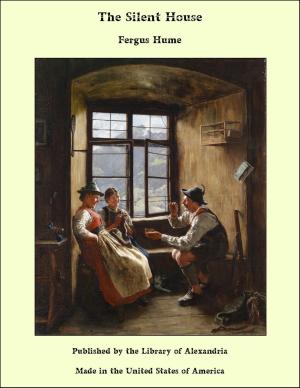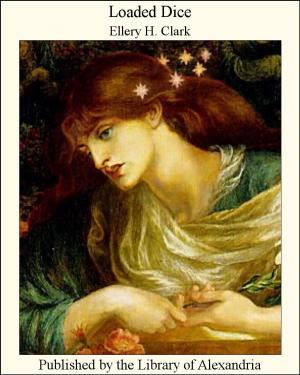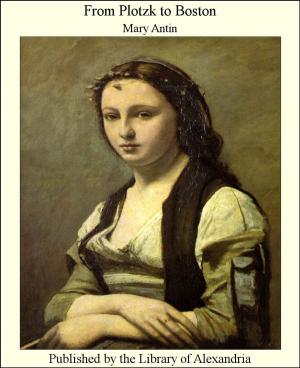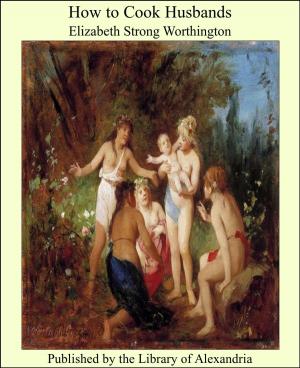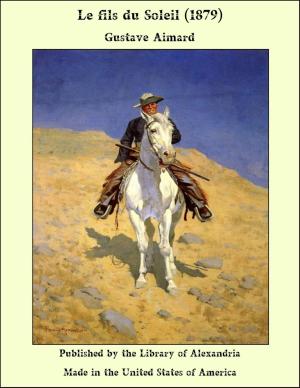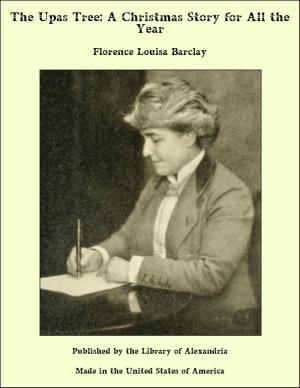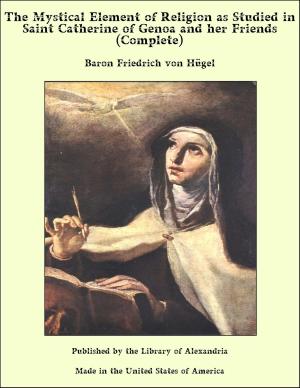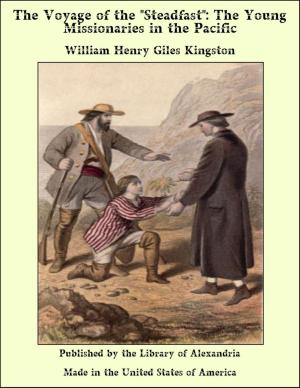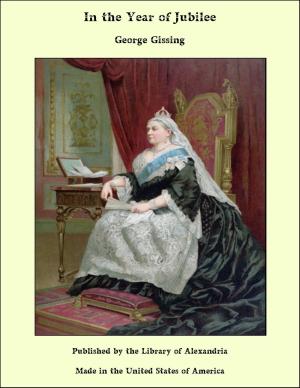The Countess Cosel: A Romance of History of the Times of Augustus the Strong
Nonfiction, Religion & Spirituality, New Age, History, Fiction & Literature| Author: | Józef Ignacy Kraszewski | ISBN: | 9781465589200 |
| Publisher: | Library of Alexandria | Publication: | March 8, 2015 |
| Imprint: | Language: | English |
| Author: | Józef Ignacy Kraszewski |
| ISBN: | 9781465589200 |
| Publisher: | Library of Alexandria |
| Publication: | March 8, 2015 |
| Imprint: | |
| Language: | English |
Joseph J. Kraszewski was born in Russian Poland in 1812. He came of a noble and once wealthy family. His parents quitting their estates during the war between France and Russia, the boy was left in the care of his grandparents on his mother's side. From these he first acquired a taste for literature and art. In his eleventh year, Kraszewski was sent to the College at Biala, where he remained until 1826. He then entered the College at Lublin, and in 1829 he proceeded to the University of Wilno, where he gave his attention principally to the study of languages, especially of Old Slavonic, Russian, Latin, Greek, Hebrew, and Arabic. He spent much of his time in reading old documents and manuscripts, and the materials thus gathered he subsequently utilized in his historical romances and monographs. The novel had at this period begun to be the most popular form of literary expression in Western Europe. Kraszewski read and admired the works of Le Sage, Voltaire, Jean Paul, Hoffmann, and even Washington Irving. His first literary efforts were in close imitation of his own countryman, Count Skarbek, and of Laurence Sterne. He began to write in 1829, and at this early period of his life he produced several noteworthy novels. In 1831 he was arrested by the Russian Government for his connection with the revolutionary movement; but through the influence of his aunt--an intimate friend of Prince Dologoruky, the Governor-General of Wilno--he was subjected only to arrest at home, instead of being deported to Siberia. Complete freedom of movement was not restored to him until 1833. In this year he became the leader of a considerable literary movement in Wilno. He edited there a weekly newspaper, and from his pen flowed poetry, dramas, novels, and historical studies. His literary activity was indeed amazing.
Joseph J. Kraszewski was born in Russian Poland in 1812. He came of a noble and once wealthy family. His parents quitting their estates during the war between France and Russia, the boy was left in the care of his grandparents on his mother's side. From these he first acquired a taste for literature and art. In his eleventh year, Kraszewski was sent to the College at Biala, where he remained until 1826. He then entered the College at Lublin, and in 1829 he proceeded to the University of Wilno, where he gave his attention principally to the study of languages, especially of Old Slavonic, Russian, Latin, Greek, Hebrew, and Arabic. He spent much of his time in reading old documents and manuscripts, and the materials thus gathered he subsequently utilized in his historical romances and monographs. The novel had at this period begun to be the most popular form of literary expression in Western Europe. Kraszewski read and admired the works of Le Sage, Voltaire, Jean Paul, Hoffmann, and even Washington Irving. His first literary efforts were in close imitation of his own countryman, Count Skarbek, and of Laurence Sterne. He began to write in 1829, and at this early period of his life he produced several noteworthy novels. In 1831 he was arrested by the Russian Government for his connection with the revolutionary movement; but through the influence of his aunt--an intimate friend of Prince Dologoruky, the Governor-General of Wilno--he was subjected only to arrest at home, instead of being deported to Siberia. Complete freedom of movement was not restored to him until 1833. In this year he became the leader of a considerable literary movement in Wilno. He edited there a weekly newspaper, and from his pen flowed poetry, dramas, novels, and historical studies. His literary activity was indeed amazing.
